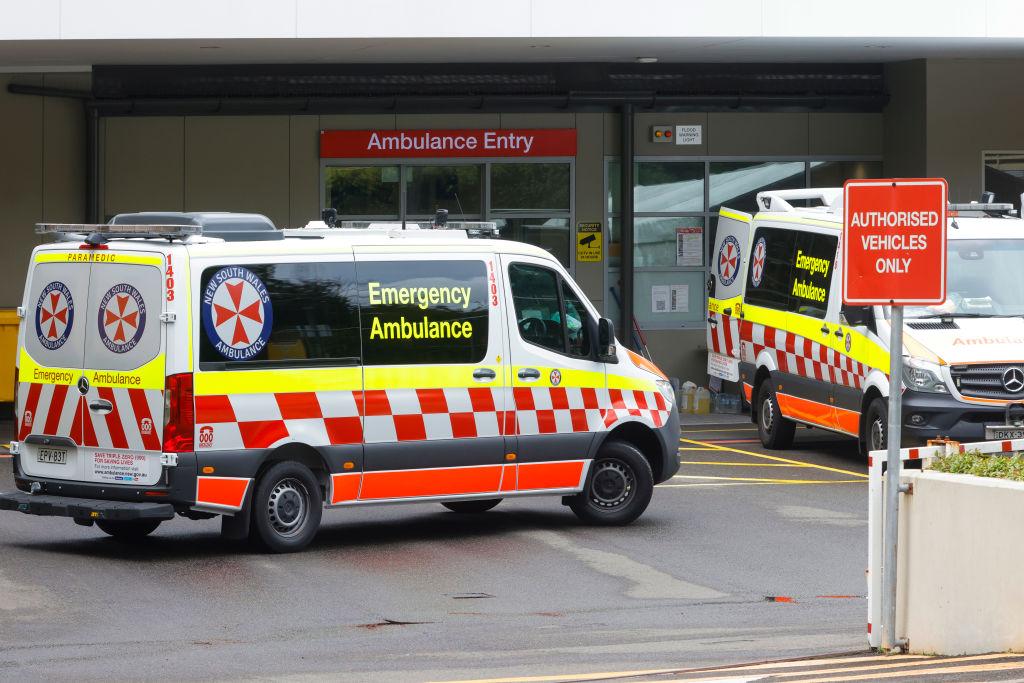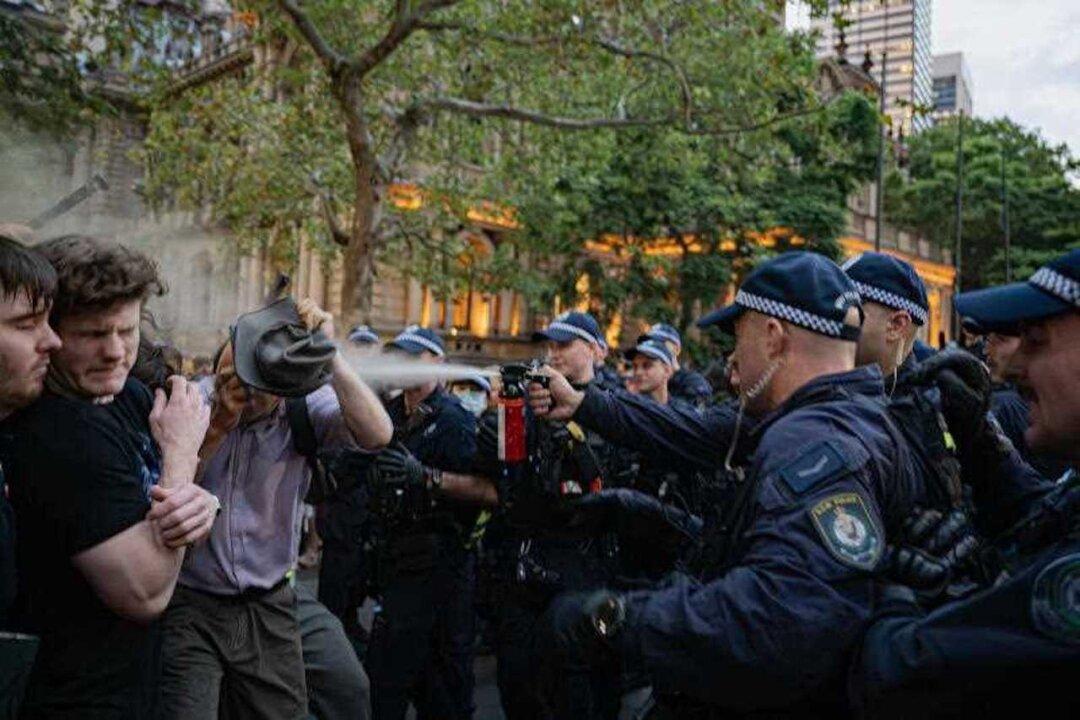Australians are arriving at hospitals sicker as the health system buckles under years of decline, prompting states and territories to demand more money from the federal government.
“Everywhere in Australia, the health system is under pressure,” a letter from eight health ministers to the Commonwealth reads, describing the situation as a “national crisis”.





